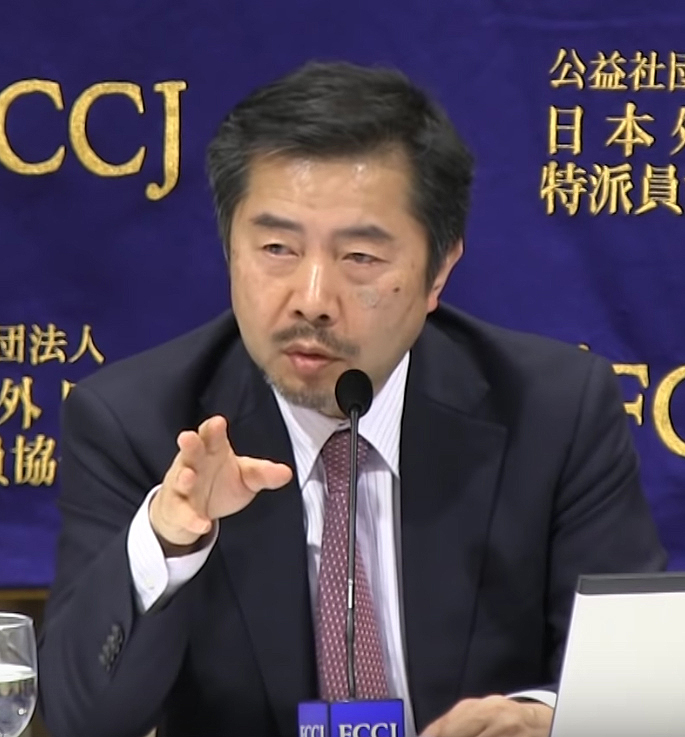
- ARAB NEWS
- 15 Jul 2025

Arab News Tokyo
Japan's system of criminal justice has itself been "on trial" in the court of international opinion since the arrest and confinement of former head of the Nissan-Renault auto alliance Carlos Ghosn in November 2018.
However, one of the most powerful indictments of the system came from a former Japanese prosecutor and lawyer, Nobuo Gohara, when he unleashed a barrage of criticism against the system during a press conference at the Foreign Correspondents Club of Japan (FCCJ) on Jan. 22.
Gohara, who works for Gohara Compliance and Law Office, has never represented Ghosn but is an outspoken critic of what is often termed Japan's system of "hostage justice."
He has succeeded in securing acquittals in two of very few cases in a system where prosecutors achieve a '99 percent' conviction rate.
Ghosn was arrested along with Greg Kelly, another former senior Nissan-Renault executive, and charged initially with violation of Japan's Financial Instruments and Exchange Act, relating to alleged overpayment of salary and other financial compensation.
While Kelly was released on bail on health grounds, Ghosn spent a long period in detention under continuous interrogation without a defense lawyer present, and during which time he was stripped of his posts at Nissan and Renault although he continued to plead his innocence against all charges.
In Japan, Gohara said, “if a suspect is arrested, the suspect is labeled as a ‘criminal’ and judgments of prosecutors virtually function as judicial judgments with over 99 percent conviction rate. If a person claims innocence again at such judgments, the person is deemed to be likely to re-offend due to a lack of regret or repentance and detention is justified to isolate him or her from society for a certain period of time.”
He was eventually freed on bail for a short period, only to be rearrested for alleged "aggravated breach of trust" relating to "under-reporting of income," including payments to a Middle East auto distributor part of which prosecutors claimed had been diverted back to Ghosn.
Ghosn continued to plead innocence, refusing to "confess" to any crimes. He was later released on bail but held under house arrest, unable to meet with his wife, until he fled Japan to Lebanon, where he now resides.
Gohara argued that the only "criminal act" committed by Ghosn was to "flee Japan illegally" in violation of bail conditions. However, he noted that Ghosn's long-delayed trial had appeared unlikely to be held until 2021 or 2022, and hearings could have taken a further 5 or 6 years.
He argued that the cases against Ghosn were weak and that the reason for lengthy delays over the trial was that the special prosecutors had "insufficient evidence" to secure a conviction and were relying instead on Ghosn "confessing" under confinement, which is where the term "hostage justice" comes from.
Ghosn has claimed that there was a "coup" against him organized by Nissan and the Japanese government with the aid of public prosecutors to prevent the long-established firm from being absorbed into international auto alliances. Such collusion could amount to a "coup," Gohara acknowledged.
Gohara suggested that "what brought a feeling of despair to Mr. Ghosn was the structure of Japan's criminal justice [system] in which the prosecutors' office has a monopoly on the [administration] of the criminal judicial process [while] courts and defense counsels have now power to resist them."
In the Japanese criminal justice system, he said, "the prosecutor’s office is supposed to be a superpower whereas prosecutors can make errors. If the prosecutor’s office makes a wrong judgment as an organization, it will turn out to be a hopeless situation for persons labeled as criminals."